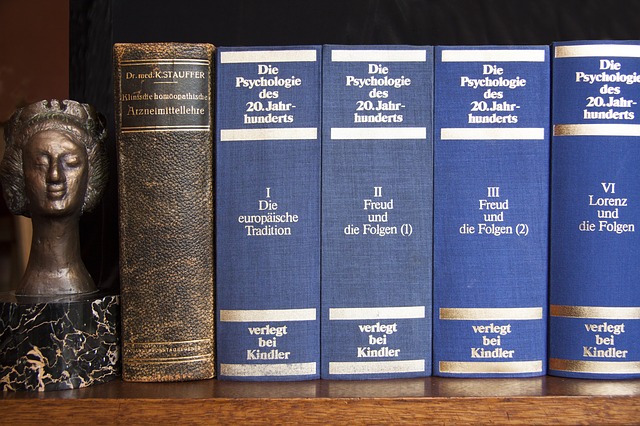Freud vs Jung – The Battle between Secular and Transcendental
Consider the impact on our society of the prevailing world view: it affects the human relations, how one interacts with the rest of the society, the education, how the power structures view the individuals that are dependent on them. In other words, the accepted reality shapes our deepest thoughts and who we are in our essence. There are schools of thought that elevate humanity and at the same time there are theories that diminish and consider the humankind worthless and imbecile. After all, we are just animals that appeared on this planet by chance, right?
“Religion is a system of wishful illusions together with a disavowal of reality, such as we find nowhere else but in a state of blissful hallucinatory confusion.”
Sigmund Freud

Art, philosophy, career, scientific discoveries – all these are a mere expression of suppressed sexual desire, according to Freud. In his books the underlying thread revolves around the ego and its relation to reality. What is implicitly included and beyond discussion is that the reality is strictly materialistic. There is nothing outside of the empirical reality, no transcendental or metaphysical truths outside of our mundane life.
One very peculiar aspect of the Freudian heritage in our modern times is using metaphors and medical terms that appear to be “scientific” but which conceal the true nature of many mental disorders – emotional and spiritual problems. And lets put it in simple and vivid terms – since now Psychotherapy is an established branch of medical science. How do the practitioners find the cause of these “illnesses”? By examining blood samples or some other bodily fluids? Let that sink in for awhile.
Sexuality is the main drive of every human act and desire. If you pay a closer look at the modern advertisement and entertainment industry you will be amazed to discover people behind the scenes are biggest Freudean followers, no matter whether on purpose or not.
“The critical philosophy of science became as it were negatively metaphysical–in other words, materialistic–on the basis of an error of judgement; matter was assumed to be a tangible and recognizable reality. Yet this is a thoroughly metaphysical concept hypostatized by uncritical minds. Matter is an hypothesis.”
Carl Gustav Jung

It is a common misconception that Freud was a teacher of Jung. The latter was one of the first that displayed opinion that challenged the Freud paradigm in multiple aspects.
Simply ask yourself when was the last time you heard a citation, reference or a talk show, dedicated on Karl Gustav Jung? His openness to criticism is apparent in his writings – he is relatively modest and is always opened to alternatives. Something, which is completely missing in our scientific theocracy. The concept of an archetype and its link to the human psyche is one of immaterial nature. The truth is Jung is crossing metaphysics, psychology and alchemy in an inimitable fashion.
In his books he uses the term “self” as contrasted to the “ego”, by which he means all the potentials, desires and realizations of the psyche. As you may see the concept encompasses a broad range of phenomena and allows for the mysterious to have a role in our everyday life. Think about synchronicity and intuition, Jung doesn’t discard them and in fact indicates that they are manifestation of the complex unconscious nature. However, here the distinction lies in the fact that for Jung the archetypes and the collective memories are playing crucial part in our culture. Which is to say that there are not only biological factors but also these which transcend the materialistic paradigm and are transpersonal.
You may have preference of one of them over the other. However, it is crucial that these type of choices are entirely on you and not some outside force acting through outright propaganda, false secular education or crowd effect.



